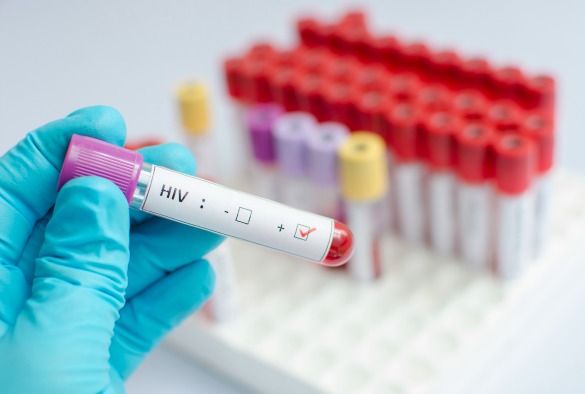
Researchers from the University of Liverpool have received significant funding from the United States Agency for International Development (USAID) as part of a £39m consortium to help optimise drug therapies for HIV.
According to UNAIDS, the Joint United Nations Programme on HIV/AIDS, there are approximately 37 million* people living with HIV but only 15.8 million are currently receiving treatment. This includes, 2.6 million children living with HIV, only 32% of who are on therapy.
Innovation is urgently needed to ensure access to these life-saving drugs increases. Moreover, only approximately one third of the children living with HIV today have access to antiretroviral therapy.
Global consortium
USAID is the lead U.S. Government agency that works to end extreme global poverty and enable resilient, democratic societies to realise their potential. The funding is part of a grant from USAID for consortium investment in AIDS countermeasures.
The multinational consortium is led by the WITS Reproductive Health Institute in Johannesburg, South Africa, and includes the interdisciplinary Liverpool team, Columbia University, Mylan Laboratories and the Medicines Patent Pool (MPP). It will be supported by key partners including UNITAID and the South African Medical Research Council (SAMRC).
University expertise
This announcement comes immediately after the recent collaboration agreement between the University and the MPP, that was published earlier this month. It aims to enable reformulation of certain poorly soluble HIV drugs into lower dose formulations and translate these to medicines for low and middle income countries.
To accomplish their aims, USAID has recognised the expertise of the Liverpool nanomedicine team, led by Professor Steve Rannard and Professor Andrew Owen, and also drawing on the research of Dr Marco Siccardi and Dr Tom McDonald.
Unique contribution
Professor Andrew Owen from the University’s Department of Molecular and Clinical Pharmacology, said: “The interdisciplinary nanomedicine collaboration at Liverpool will bring to bear our novel technologies against this global healthcare challenge.
“We are absolutely delighted to be part of this collaboration between leading researchers across three continents and its aims to bring optimised antiretroviral therapy to as many patients as possible.”
Professor Steve Rannard from the Department of Chemistry, added: “This is the latest in a series of collaborative multinational activities that are drawing upon the skills of the cross-Faculty nanomedicine team. The unique contribution that Liverpool can make is being increasingly recognised and we are very keen to bring real impact through novel therapies to these patient groups.”
